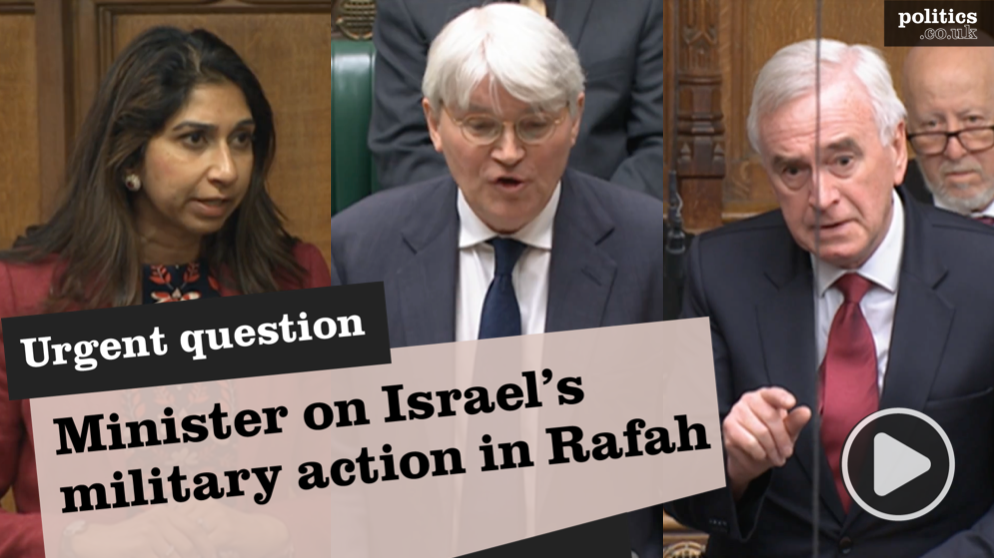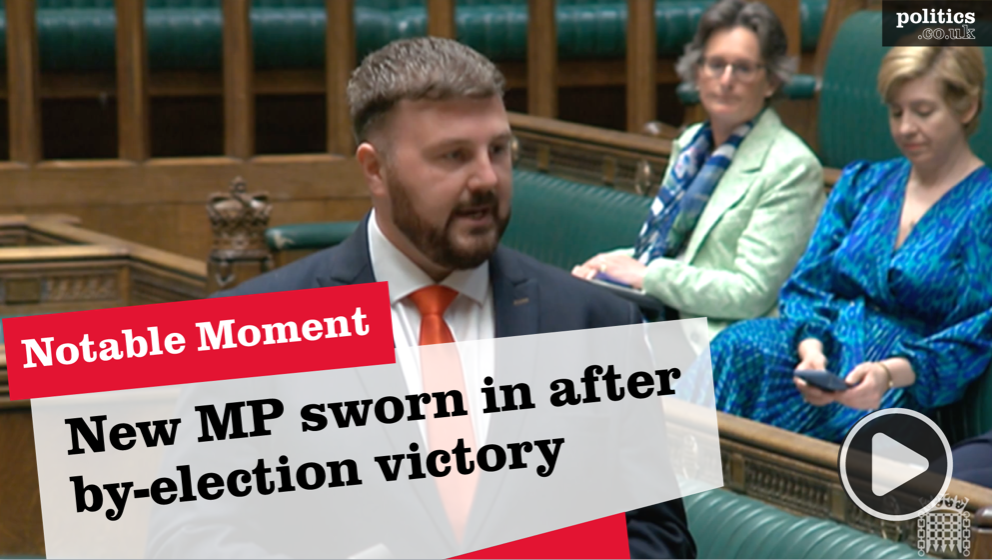Sunak must bring back furlough for firms hit by Omicron, says think tank
The IPPR think tank is has warned that the Omicron variant is putting people’s lives and livelihoods at risk and urges the Chancellor to announce urgent economic support measures in response.
Researchers fear that the Omicron wave, combined with the escalating cost of living crisis, driven by fast-rising prices of energy and imported goods, will seriously hit families and businesses this winter without more support.
IPPR proposes bringing back furlough for businesses hit by the Omicron wave. As in other countries, they say the scheme should be put on a permanent footing, so it is in place for potential future variants and crises, giving businesses more confidence. It could be targeted at those businesses that are seeing sharp declines in revenues.
Targeted grant support for businesses who are losing revenue due to reduced demand or are forced to stop trading due to staff isolating. This should come with some conditionality, such as commitments by businesses to improve their environmental impact and employment practices.
They further suggest increasing statutory sick pay to 80 per cent of previous earnings and abolishing the lower earnings limit, as the current set up means that many low-income households currently face a large income hit when they fall sick, often leaving them no choice but continuing to go to work.
IPPR also calls on the government to restore the Universal Credit uplift of £20 per week to help people on low incomes through the cost of living crisis. They argue that this is particularly important given the small size and low agility of the UK government’s Hardship Fund.
In response to soaring energy costs, they suggest that Cold Weather Payment should be increased and eligibility expanded to help people with the extraordinary rise in energy costs this winter, they argue. They say the government could also extend the eligibility of the Winter Fuel Payments to low-income working age households and consider temporarily cutting VAT on domestic electricity from 5 per cent to 0, to ease the hit of rising energy costs.
It is also proposed that the minimum wage level set at the last budget be raised in the light of inflation rates that have come in higher than expected, while encouraging public and private sector players to agree on wage settlements that take into account the very high rates of inflation – while avoiding the risk of a wage-price spirals.
To ensure that firms are not unfairly profiting from the crisis, they say the government should in the future implement a temporary windfall tax, levied on any firms who are making disproportionately increased profits from the crisis. In this, the government should also consider businesses who are found to have disproportionately increased their prices in the context of the cost of living crisis. Announcing such a measure now could likely prevent unfair profiteering in the first place.
Consider broadening the list of occupations qualifying for the skilled worker visa, to help fill high vacancies in sectors where businesses are struggling to recruit.
Carys Roberts, IPPR executive director, said:
“This winter we are faced with a double whammy of the Omicron wave and a cost of living crisis which could deal a major blow to people’s livelihoods and to businesses.
“This demands action to protect businesses, to shore up people’s incomes, and to ease pressures on the cost of living. Failure to do so risks undermining efforts to protect the economy this year.
“If we have learned anything during the pandemic it is that acting early to protect people and businesses pays off both economically and in terms of the public’s health. That’s why the Chancellor needs step in now with a comprehensive package that helps us all through this hard winter.”










